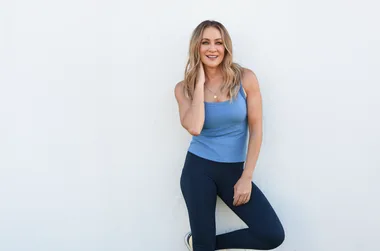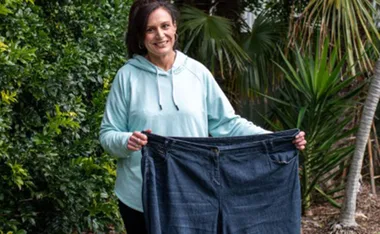When it comes to introducing solids, slow and steady certainly wins the race. Let’s take a look at a few of the fundamentals and latest advice.
If you’re a first time mum and have a baby around the four month mark, you’re probably getting excited about starting solids. But before you rush into stocking the freezer with mini casseroles and other bite-size gourmet delights, it pays to remember that patience is the key.
Worth the wait
The age of introduction of solids goes in and out of vogue, however current health professional guidelines recommend solely breast or bottle feeding with the appropriate formula until your baby turns 6 months.
Ages and stages
The signal to start solid food is not simply age specific and you should take into consideration how developmentally ready your child is. Signs that they are ready include an interest in your own food, good head support, loss of the tongue-thrust reflex, as well as wanting to chew on everything including toys and their hands.
First foods
Baby rice based cereal mixed with expressed breast milk or infant formula still tops the list as the first food of choice. However there is no reason not to choose a fruit like pureed apple or pear or a vegetable like pumpkin.
Off the menu
There is no need to add salt, pepper, sugar or other condiments to spice up the variety of your babies pureed pumpkin or apple as babies have super sensitive taste buds. What seems bland and boring to you will be a whole new gourmet adventure for your little one. It’s also best to avoid foods that can cause allergies like wheat and egg whites until 8-9 months and wait for large quantities of cows milk, shellfish and honey until after 12 months. If you have a known allergy history in your family, say to nuts or strawberries, it’s wise to leave these foods as well until at least three years of age.











